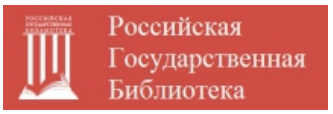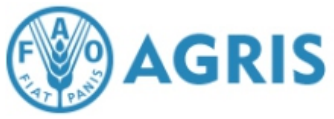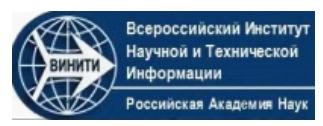Economic consequences of corruption: impact on investment climate and business development
M.I. Elaev
Upload the full text
Abstract: This article highlights the mechanisms through which corruption affects key economic indicators and the business environment. The author examines how corruption risks transform the investment climate, create additional costs for business and impede the implementation of long-term projects. The study identifies the specifics of the impact of corruption schemes on small and medium-sized enterprises and traces the link between corrupt practices and the emergence of shadow structures in the economy. In addition, the paper analyses the impact of systemic corruption on the allocation of budget funds and the evaluation of strategic state programmes. Based on a comparative analysis of scientific sources, the paper offers specific recommendations for the implementation of anti-corruption measures that increase the transparency of market procedures and stimulate the inflow of investments. The conclusions formed may be in demand by economic specialists, representatives of public administration and experts involved in the study of socio-economic reforms.
Keywords: corruption, investment climate, business development, economic growth, public procurement, anti-corruption measures, shadow market, public finance, competitiveness, innovation potential
For citation. Elaev M.I. Economic consequences of corruption: impact on investment climate and business development. News of the Kabardino-Balkarian Scientific Center of RAS.2025. Vol. 27. No. 2. Pp. 184–198. DOI: 10.35330/1991-6639-2025-27-2-184-198
References
- Alexandrov G.A., Vyakina I.V., Skvortsova G.G. Corruption and criminal components in the factors that determine the investment climate of the region. Regional’naya ekonomika: teoriya i praktika [Regional Economics: Theory and Practice]. 2014. No. 14. Pp. 10–22. (In Russian)
- 2. Sakharov A.G. OECD Framework Concept in the field of investment: a multilateral mechanism for improving the global investment climate. Vestnik mezhdunarodnykh organizatsiy: obrazovaniye, nauka, novaya ekonomika [Bulletin of International Organisations: Education, Science, New Economy]. 2016. Vol. 11. No. 4. Pp. 7–35. DOI: 10.17323/1996-7845-2016-04-07. (In Russian)
- 3. Altukhov A.V. Influence of corruption on the development of investment activity of enterprises in Russia. Probely v rossiyskom zakonodatel’stve [Gaps in Russian legislation]. 2011. No. 2. (In Russian)
- 4. Kairbekova A., Abramov R.A. Influence of Corruption on the Development of Entrepreneurship in Russia. Human Progress. 2021. Vol. 7. No. 2. P. 6. DOI: 10.34709/IM.172.6. (In Russian)
- 5. Gurunyan T.V. Ways to overcome corruption as a threat to the security of innovation activity of small and medium-sized businesses. Vektory blagopoluchiya: ekonomika i sotsium [Vectors of well-being: economy and society]. 2015. No. 3(18). Pp. 84–92. (In Russian)
- 6. Osipenko O.V. Corporate corruption: essence, forms, ways of counteraction. Trud i sotsial’nyye otnosheniya [Labour and Social Relations]. 2011. Vol. 22. No. 12. Pp. 3–11. EDN: OQRVTR. (In Russian)
- 7. Pylaeva T. Does corruption affect the sustainability of economic growth? Baltic region. 2011. No. 4. Pp. 49–59. DOI: 10.5922/2074-9848-2011-4-5. (In Russian)
- 8. Rukina I.M. Influence of corruption on the state economy. Kontury global’nykh transformatsiy: politika, ekonomika, pravo [Contours of global transformations: politics, economics, law]. 2009. Vol. 2. No. 6. Pp. 43–48. EDN: MWGQYT. (In Russian)
- 9. Rodyukova T.N. Openness of organisations of state government as a way to improve the effectiveness of state government in part of corruption protection. Gumanitarnyye, sotsial’no-ekonomicheskiye i obshchestvennyye nauki [Humanities, Socio-Economic and Social Sciences]. 2024. No. 11. Pp. 83–88. DOI: 10.24412/2220-2404-2024-11-29. (In Russian)
- Khrustalev B.B., Gorbunov V.N., Mursalimova N.N., Asyaev I.Yu. Factors of investment climate of region. Sovremennyye problemy nauki i obrazovaniya [Modern problems of science and education]. 2015. No. 2–1. P. 265. EDN: UHXAOP. (In Russian).
Information about the authors
Mansur I. Elaev, 2nd year Master’s student of Human Resources Management, Faculty of Economics, Peoples’ Friendship University of Russia named after Patrice Lumumba;
117198, Russia, Moscow, 6 Miklukho-Maklaya street;
mansur.elaev@yandex.ru, SPIN-code: 5862-5828










